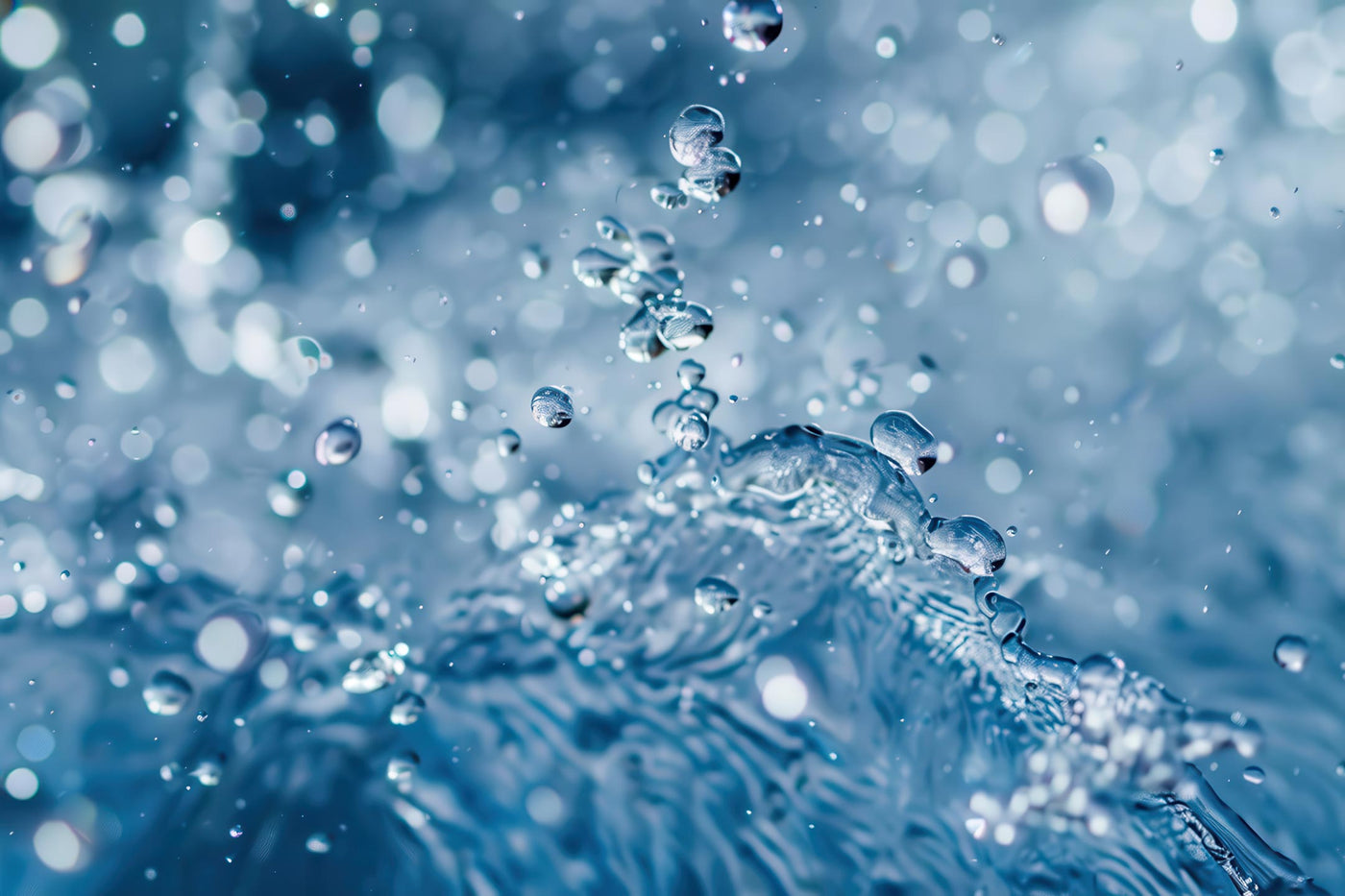
Will My Family be Deprived of Necessary Minerals When We Drink Softened Water?
Will My Family be Deprived of Necessary Minerals When We Drink Softened Water?
Nope! The human body gains the minerals necessary to good health primarily through eating foods, not through drinking water! The body does absorb minerals in water, but in most cases the amount is insignificant. In order for a person to obtain the recommended daily amount (RDA) of minerals from water, it would be necessary to drink many gallons daily.
To illustrate, cow’s milk contains about 8,000 milligrams per liter of dissolved minerals, where typical well water in the SW Ohio area usually contains between 250 and 1000 milligrams per liter of dissolved minerals. Of note, certain trace elements, such as fluoride, iodine, etc., may be obtained from water. However, these would not be removed through common household water softening.
Is Softened Water Safe to Use in My Fish Tank?
Is Softened Water Safe to Use in My Fish Tank?
Yes! In general, softened water is satisfactory for most tropical fish. That being said, the most common recommendation is to “start low and go slow,” introducing water quality changes to the aquarium gradually. We recommend checking with a trusted veterinarian or local aquarium shop prior to introducing softened water to an already established environment.
Should I Use Softened Water to Water House Plants or the Lawn?
Should I Use Softened Water to Water House Plants or the Lawn?
In areas where water hardness is less than 10 GPG, it is unlikely the sodium concentration from softening would pose a serious hazard to most plants. That being said, if your water is very hard, or you have sensitive plants, the higher sodium concentration introduced by softening could be harmful.
For lawns, the use of softened water is not recommended unless necessary to prevent iron staining on buildings. Many houses in our area have their outside spigots “plumbed hard,” so there is nothing special you even need to do if you have a softener installed.
Does a Water Softener Harm a Septic Tank?
Does a Water Softener Harm a Septic Tank?
No. The WQA has undertaken several studies to evaluate this exact issue. The studies found that a properly sized and operated “On-Demand” (metered) softener set efficiently at 3,500 grains per pound of salt or better (what we at Enting use) will not harm septic systems, including the “Advanced Treatment Unit” (ATU) type
Is Softened Water Corrosive?
Is Softened Water Corrosive?
No! Softening does nothing to change how corrosive your water is. The removal of calcium and magnesium (hardness) ions and replacing them with sodium or potassium does not affect the factors that cause water to be corrosive (pH, CO2 concentration, dissolved oxygen concentration, total dissolved mineral content). Water softeners neither cause nor control corrosion.
Is the Sodium in Softened Water Harmful to People on Restrictive Salt Diets?
Is the Sodium in Softened Water Harmful to People on Restrictive Salt Diets?
If you are worried whether the sodium content of softened water may be harmful to your health, PLEASE speak directly to your healthcare professional, and do not rely on a water conditioning company’s website!
That being said, here are the facts – If your source water hardness was 75 grains per gallon (which is MUCH harder than the typical water supply, both municipal and well in SW Ohio), the amount of sodium added into the water during the softening process would still allow the water to meet the FDA’s requirement for “low sodium” labeling!
Does RO Remove 100% of Contaminants?
Does RO Remove 100% of Contaminants?
No, unfortunately it doesn’t. The most common membranes will reject, when new, between 95%-98% of Total Dissolved Solids (TDS). When your membrane has greater than 10% TDS breakthrough, it is time to replace.
Is RO Water Acidic?
Is RO Water Acidic?
Sure is. The RO process removes bicarbonate alkalinity that normally buffers water and helps maintain a nearly neutral pH. The pH of RO water is similar to that of coffee, but less acidic than orange juice. If you choose, you can “post-treat” your RO water with a mineral cartridge to reintroduce calcium bicarbonate and thereby raise the pH.

